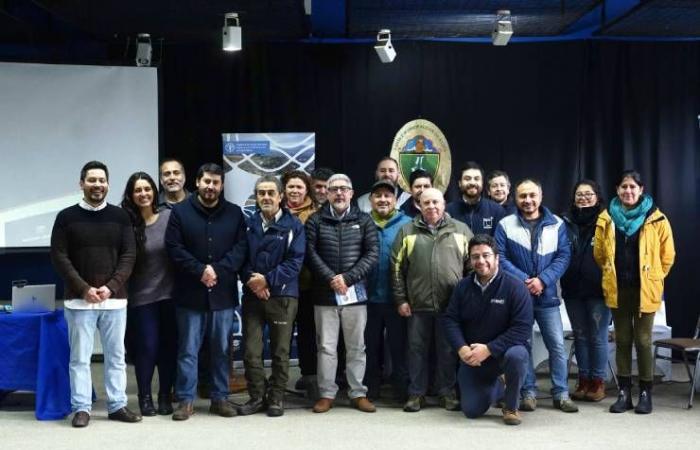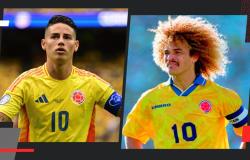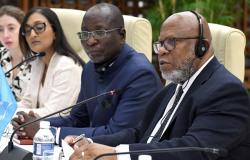Under the title of “Inter-institutional discussion on small-scale aquaculture in the Aysén region”, a meeting was held that addressed the opportunities and challenges to promote activity in the area, which was held in the premises of the House of Culture. in the commune of Puerto Aysén.
Organized by the zonal management of the Undersecretary of Fisheries and Aquaculture of Aysén, the GEF Marine-Coastal Governance project and the Chinquihue Foundation, the event brought together representatives of various institutions, public services, experts in fishing and aquaculture, representatives of the industry aquaculture, local and regional authorities, as well as communities interested in advancing the sustainable development of the Aysén region.
Francisco Roncagliolo, mayor of Cisnes, highlighted the discussion as a relevant space to analyze different tools that can be applicable in the territories of the southern zone.
“I think it’s one of the relevant things, at least in presentations today, that they are things that people can see as something tangible, something that can be replicated, and that something that can be within the experience that is can do. Obviously here in the territory we have to be careful, we have to be careful with the issue of isolation, it costs a lot to generate investment, it costs a lot to bring tools that can be applicable in the territory, and I think that in this dynamic we have to move forward,” he explained. the councilor
The communal authority also stressed that it is necessary to seek a synergy between public and private, so that local producers, in this case artisanal fishing in general, have the necessary incentives so that they can work.
For his part, Julio Uribe, mayor of Puerto Aysén, said that “we have been away from the sea for many years and I believe that these instances allow us to have some look toward the future. I have had a lot of experience at sea during my years of work. Therefore, I think it is a view, a visualization that must be taken for the development of our communities.”
The authority recalled that “Puerto Aysén was developed through fishing activity and today is focused on aquaculture.” Along the same lines, he argued that “we have to return to our roots and look at the sea again (…). “We have many instances for development in the sea, so that is our view.”
Francisco Lara, head of the Regional Planning and Development Division of the Regional Government of Aysén, assured that “aquaculture and artisanal fishing is the main economic activity in the region, therefore, any meeting is important.”
In that sense, the representative of the local Regional Government stated that “it is good to look at certain experiences from other regions, but unfortunately they are not applicable to the reality of our region (…). It is important to talk, to dialogue; it is important. But we also have to have our feet firmly planted, in this case, on land and in the sea, of how we are actually going to develop this small-scale aquaculture activity.”
Miguel Moreno, regional coordinator of the GEF Marine-Coastal Governance project, implemented by FAO, indicated that “this instance corroborates that small-scale aquaculture generates great attention among local actors, public and private organizations, and that the development of this activity, With a collaborative and long-term vision, it will generate benefits for aquaculturists, and will promote the conservation of the marine and coastal ecosystems of the region.”
Jorge Tillería, a professional from the Chinquihue Foundation, indicated that “the development of small-scale aquaculture in the Aysén region is undoubtedly important. There is currently great potential to work along these lines. However, this implies advancing in coordination by public services, offering permanent technical assistance to producers, working collaboratively with other private institutions, among others. Our purpose at Fundación Chinquihue will always be to develop productive activities that generate profitability, with a focus on sustainability.”






